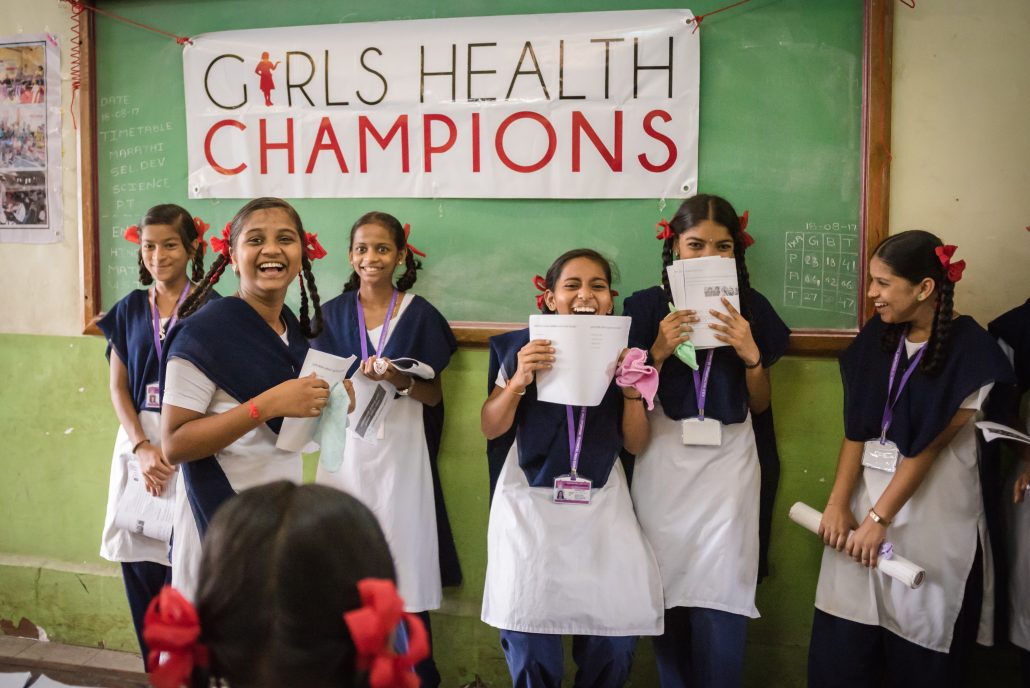The lack of constructive community dialogue in place proves to be the paramount reason behind the barrier in ensuring menstrual health. Giving menstrual health the precedence of a medical concern may prove to be a more tactical approach to the problem. However, in order to do so there is a pressing need for a safe space to be created for it to be socially addressed. This social mobilization may occur through interpersonal communication put in order by schools and communities which help girls in accepting menstruation as a natural process.
At the second edition of The Civic Architects, we took up the subject of Right to Menstrual Health. Through interactions at the Civic Architects, we understood interventions, acknowledged multi-pronged challenges and sought the mechanism for change in the policy mechanism to better the state of Menstrual Health Management in India. This Working Document is an outcome of our research aimed at addressing the policy concerns in the follow up to the Policy Workshop. Through our Policy Recommendations based on analysis and assessment of the existing regional, national and international best practices, we are setting out to make Right to Menstrual Health an actionable policy reality in India.

